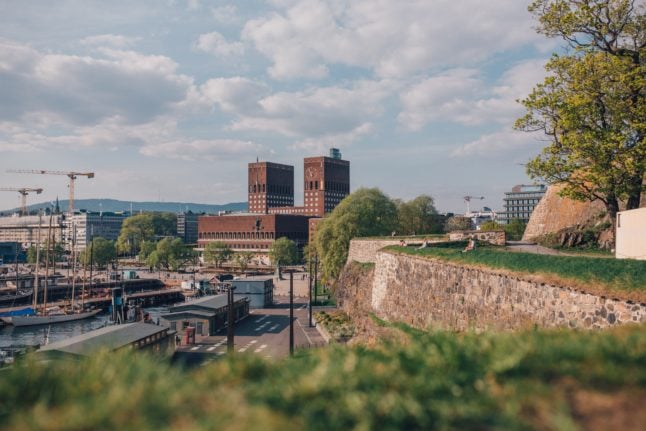Net profit in the third quarter reached $774 million (€560.1 million), compared to a figure of $1.04 billion for the same period last year that was boosted by a $380 million adjustment for provisions, it said.
The result exceeded third quarter net profit of $634 million forecast by analysts polled by Swiss business agency ABB.
“We continued to take full advantage of the global industrial recovery in the third quarter with excellent order growth, slightly higher revenues and, thanks to our cost take-out program, strong earnings as well,” said the group’s chief executive Joe Hogan.
“Utility spending in power transmission equipment remains muted, a trend that we expect to continue into next year.”
“Still, we see plenty of opportunities for growth, especially in areas like renewable energy and industrial efficiency, and in the fast-growing emerging economies,” he added.
ABB cited a major third quarter orders to connect an offshore wind farm to the German grid and for solar power, as well as in industrial sectors.
Earnings before interest and tax (EBIT) fell by 19 percent to $1.16 billion, but the engineering giant’s global order books grew by 16 percent to $8.2 billion in the third quarter.



 Please whitelist us to continue reading.
Please whitelist us to continue reading.
Member comments